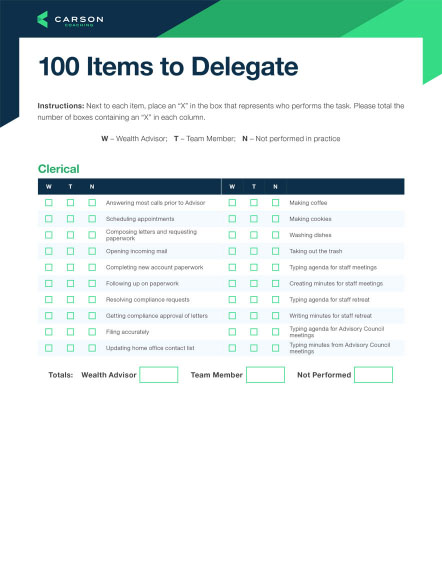We continue with our Behavioral Finance Week as Jamie talks with Dr. Vicki Bogan. Vicki teaches at the SC Johnson College of Business at Cornell University. Her research focuses on financial economics, behavioral finance and why theoretical models rarely tell the whole story.
An early economist, Vicki began saving for college at age six. She always loved academia and, after earning her Bachelor’s at Brown, Vicki quickly grew bored in her first post-grad job once the learning curve fell away. So she followed her passion and headed back to school. After an MBA, history repeated itself until she’d reached Ph.D. status.
For Vicki, the joys of financial economics are in the puzzles they present. She loves unraveling the discrepancies between financial models and real-life behavior. Her research has uncovered unlikely correlations between mental health, family structure, the internet and financial decision-making.
Dr. Bogan talks with Jamie about the importance of policy improvements and understanding your personal financial aversions.
Join us for our Behavioral Finance Week – daily episodes about the connection between psychology and money. These concepts can help financial advisors plan more accurately and sustainably for their clients. Tune in every day this week for a new episode!
(41:30) “It’s important, if you’re a financial advisor, to understand those dynamics as well and that there might be some gender-driven preferences that we need to understand and recognize and incorporate as you’re planning out someone’s financial plan for the future.” ~ Dr. Vicki Bogan
Main Takeaways
- Theoretical financial models don’t always predict what people do. In fact, behavior is often what’s missing from textbook models.
- There are pros and cons to stock market gamification. It’s helpful that a major wealth builder feels more accessible. But we still need proper regulation to prevent potentially tragic outcomes. Sometimes trading isn’t in everyone’s best interest.
- As a financial planner, it’s important to understand and be conscious of subconscious decision-making drivers. Household structure, gender and mental health can influence your client’s financial aversions and decisions.
Links and Important Mentions
- Dr. Bogan’s Website
- The Institute for Behavioral & Household Finance
- The Institute on Twitter
- Financial Planning Review
Transform the Way You Grow Your Firm at Excell 2021
Whether you’re just starting out in the industry or you manage a billion-dollar firm, Excell 2021 is for you. As one of the largest conferences in the industry, we have a full slate of development opportunities for you and your entire team. Hear from Carson Founder and CEO Ron Carson, best-selling author John DiJulius, Nerd’s Eye View’s Michael Kitces, Framework Host Jamie Hopkins, and plenty more.
Join us October 12-14, 2021, in Las Vegas, or register for our digital-only conference. Register today at https://excellconference.com.


